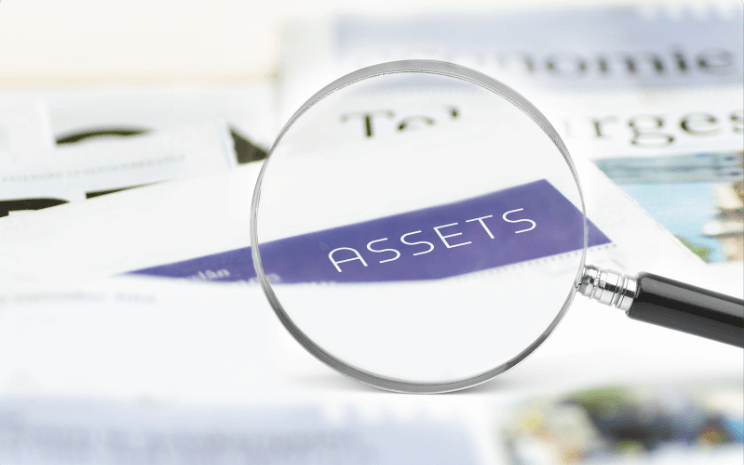Investing can be quite a daunting endeavor, especially for beginners. However, with the right knowledge and guidance, it may potentially be a rewarding and profitable experience. One important aspect of investing is understanding the different asset classes available to investors. The following are some examples of asset classes.
Stocks
Equities also referred to as stocks represent ownership in a company. When an investor purchases a stock, they become a partial owner of the company and are entitled to a share of its profits and financial growth. Investing in equities may be a great way to participate in the growth of successful companies and benefit from long-term capital appreciation. However, it is important to note that equities are generally considered a higher-risk asset class, as their value may be affected by factors such as market volatility, economic conditions, and company-specific risks.
Bonds
When you buy bonds you are essentially making loans to companies or governments. The bond issuer agrees to pay interest on the loan over a specified time. Bonds are generally considered a lower-risk asset class than equities, as they are less volatile and offer more predictable returns.
However, it is important to note that not all bonds are created equal with some having higher risks than others. For example, bonds from the U.S. government are generally considered to be safer than a bond from an emerging market government which may be more subject to political instability. A professional financial advisor may help you determine what types of bonds are best for your risk tolerance.
Real Estate
Real estate may be an attractive asset class for investors looking to diversify their portfolios and generate passive income. These types of investments may include rental properties, commercial properties, and even REITs (real estate investment trusts). Real estate may offer several benefits, such as consistent cash flow, tax advantages, and potential long-term appreciation. However, it is important to note that investing in real estate may also be complex and requires significant knowledge and expertise.
Commodities
Precious metals, oil, agricultural products, and other tangible assets that can be bought and sold are known as commodities. Investing in commodities may offer several benefits, including diversification and potential protection against inflation. However, it is important to note that commodities may be volatile and require careful monitoring.
Cash and Cash Equivalents
Considered the safest asset class, cash and cash equivalents offer a high degree of liquidity and are generally not subject to market volatility. Cash equivalents include things like savings accounts, money market accounts, and CDs (certificates of deposit). While cash and cash equivalents may not offer significant returns, they may be an important component of a diversified portfolio, providing a buffer against market downturns and helping to fund short-term goals.
Obtain Professional Investing Advice
Of course, effective investing generally requires more than just basic knowledge about common assets discussed here. You will also need to understand how financial markets and economic conditions, which are constantly changing, will affect the values of these assets. Working with a financial advisor may help you make smarter investment decisions.

